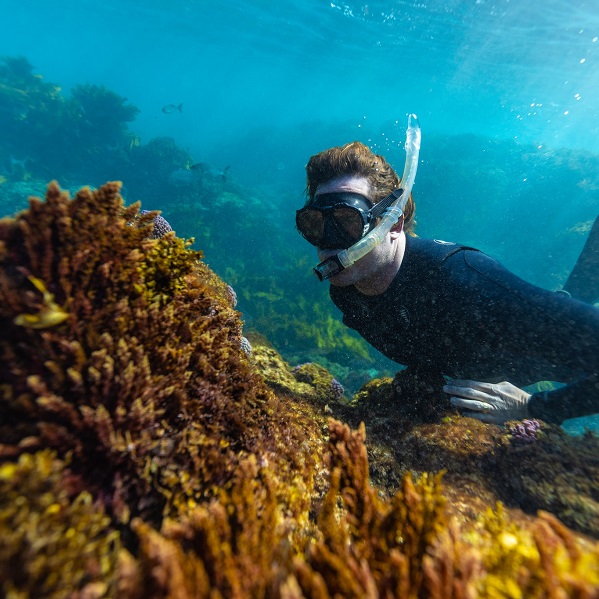
WA seaweed startup Fremantle Seaweed receives $4 million in funding
Fremantle Seaweed has been awarded $4 million in funding from the State of Western Australia through the Investment Attraction Fund.
This grant allows Fremantle Seaweed to go from proof of concept to a fully operational seaweed farm that will supply a range of fresh seaweeds including Asparagopsis, Caulerpa and Kelp. Fremantle Seaweed’s expansion project will create jobs in the #marine and #aquaculture sector along with the environmental benefits associated with sustainable seaweed farming such as:
- reducing cattle methane emissions
- promoting biodiversity
- removing excess nutrients
- reducing ocean acidification
The purpose of the grant funding is to enable the Fremantle Seaweed to expand its seaweed farming business from a small proof of concept site to a multisite commercial operation. This expansion may include expansion of the scale, species and solutions e.g. from a small 32 hectare proof of concept site focused on Asparagopsis to a multisite commercial operation growing multiple species for multiple products and markets. This expansion will deliver the economic, social and environmental benefits associated with a commercial business producing a solution to greenhouse gas emissions.
The project aims to:
- Expand from one to two sites during the project period, equating to nearly 200 hectares across the two sites. In the post project period, the plan is to expand to additional sites beyond the initial two.
- Produce Asparagopsis with a Bromoform content of 6 milligrams per gram (mg/g), required by The Commonwealth Scientific and Industrial Research Organisation (CSIRO) patent license, at a consistent yield of 8 tonnes wet weight per hectare at the start of the project period, increasing to 12.5 tonnes wet weight per hectare by the end of the project period.
- Produce 2,500 tonnes per annum of wet weight seaweed by project completion, increasing to 8,125 tonnes by year five.
- Create 26 new full-time equivalents by project period end

